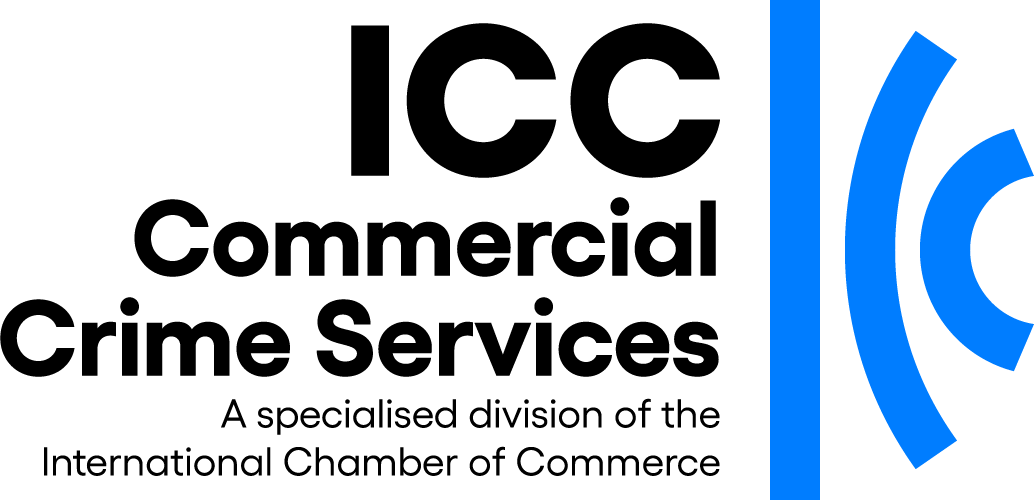
 ICC financial watchdog, the Financial Investigation Bureau (FIB), has been asked to investigate a one billion Euro (€1,000,000,000.00) Standby Letter of Credit believed to be fraudulent.
ICC financial watchdog, the Financial Investigation Bureau (FIB), has been asked to investigate a one billion Euro (€1,000,000,000.00) Standby Letter of Credit believed to be fraudulent.
 ICC financial watchdog, the Financial Investigation Bureau (FIB), has been asked to investigate a one billion Euro (€1,000,000,000.00) Standby Letter of Credit believed to be fraudulent.
ICC financial watchdog, the Financial Investigation Bureau (FIB), has been asked to investigate a one billion Euro (€1,000,000,000.00) Standby Letter of Credit believed to be fraudulent.
In order to verify the validity of such a large letter of credit, a member of the financial community sought the expert advice of the FIB. After carefully reviewing a financial documents package, the FIB was able confirm that the Standby Letter of Credit was false, thereby preventing an extremely large and potential act of financial fraud.
Assistant Director John Lavers stated: “Following our initial review, FIB was in touch with the bank named on the document. Based on inquiries made with this bank and our analysis of the documentation itself, we were able to concretely determine that this document was false. A Standby Letter of Credit of this amount would only be issued in very specific circumstances that did not at all apply in this case. The FIB is pleased to have played a part in thwarting this large scale fraudulent activity.”
As part of its daily operations, the FIB routinely receives a variety of documents said to be issued by well known and credible banks. These documents are subjected to detailed expert examination by the FIB. Routine reviews include thorough investigation of common elements of documents such as letterheads, stamps and or seals of approval, as well as the endorsement signatures of senior management personnel.
Mr Lavers added: “These documents frequently contain common red flags including incorrect use of banking terms, spelling mistakes, and errors in grammar and composition. The wording of a letter or document may also reveal that is in fact a veiled attempt to extort funds.”
Specific elements of the fraudulent one billion Euro Standby Letter of Credit are prime examples of ‘red flags’. The document instructed the applicant to provide an access and pin code in order to block and change the beneficiary name. In an example of poor grammar, the letter boldly stated that: “since the US treasury who also uses this instrument, do not want others to use it, because they need to use credit line for US government at this period, so, they monitored all the swift at the swift center in Basel, and try to block and utilise for themselves.” This use of language and grammatical structure is highly unusual and not likely to be found in a genuine Standby Letter of Credit.
Mr Lavers noted: “A growing trend in fraudulent financial instruments is the aggressiveness in terms of the amounts of money requested. Criminals are using increasingly brazen measures in their illegal pursuit of funds. Identity theft of bank personnel is on the rise, allowing fraudsters to execute frauds within a bank’s specific transactional procedures.”
Further information regarding this specific document or others currently in circulation can be obtained by contacting the FIB at Tel: +44 20 7423 6960 or Email: fib@icc-ccs.org






